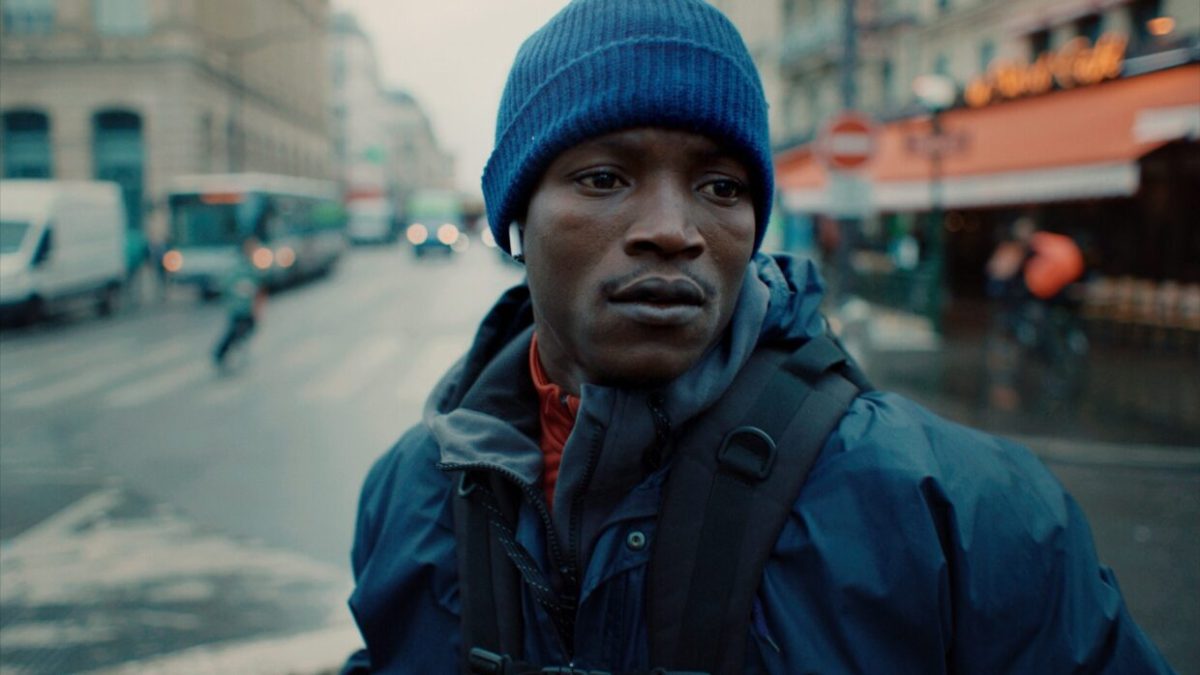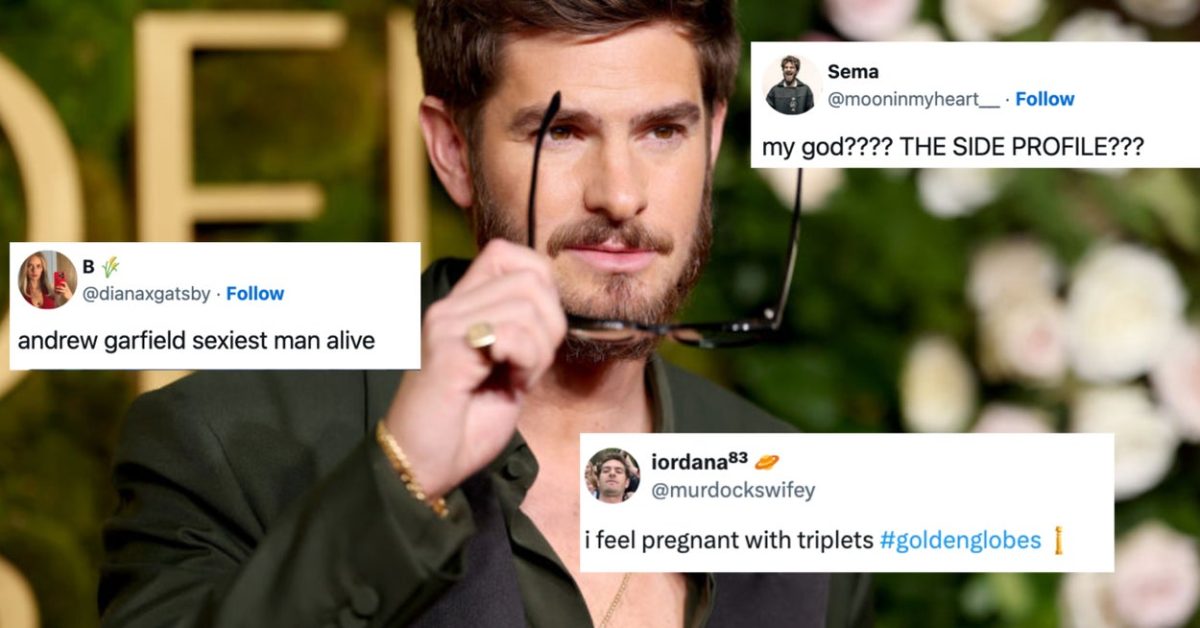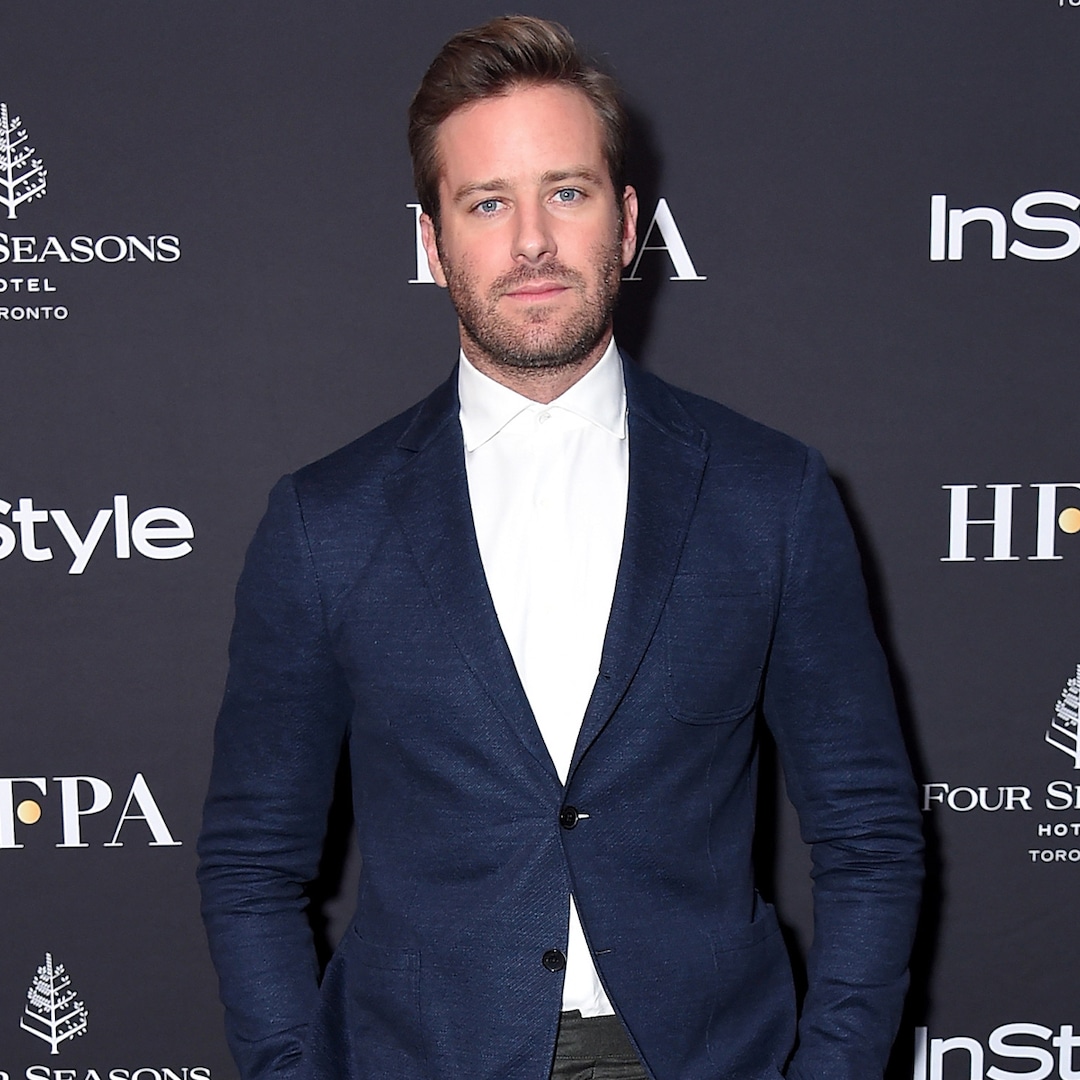
“I Was Much More Influenced by Andrea Arnold’s Work or That of the Safdie Brothers”: Boris Lojkine on His Cannes Jury Prize-Winning The Story of Souleymane
May 28, 2024
The Story of Souleymane
The Story of Souleymane follows an undocumented delivery worker as he prepares for an asylum application interview while pedaling through the Paris streets. But belying the innocuous title and unassuming premise, this latest narrative feature from veteran filmmaker Boris Lojkine is actually a fast-paced thriller. And also a logistical feat as Lojkine’s lens races to keep up with his less than honest protagonist (played by dazzling newcomer Abou Sangare, an immigrant from Guinea who, like his titular character, is a mechanic by trade) as he literally cycles through a Kafkaesque EU system in which even the most mundane move might unleash a disastrous domino effect.
Shortly after the film’s Un Certain Regard premiere, where it nabbed both the Jury Prize and a performance award for the aforementioned dazzling newcomer, Filmmaker reached out to the French director, whose other award-winning projects have taken him from Vietnam to Africa. And now for the first time, back home.
Filmmaker: I find it fascinating that, having spent your career filming in far-flung locations, you initially resisted shooting in your own backyard, so to speak. But then you came up with the idea of framing “Paris as a foreign city whose codes we don’t know.” So how did you go about achieving this? How do you look at something like a McDonald’s from a “radically different angle”? It seems almost like an acting role for you as well.
Lojkine: I don’t really see it as an acting role. Filming Souleymane involves trying to embrace his point of view of the city. So we film in the places he would go — not the places I go. I never drink coffee from McDonald’s, but Souleymane would. He would never enter a coffeeshop, so there’s not one scene in a coffeeshop (the favorite location for a typical French cinema scene). A different social position makes a different geography of the city.
Filmmaker: I read that research for the script involved working with a casting director who is also a former documentary filmmaker. Can you discuss that process a bit? How did you, a white Parisian, gain the trust — and the time — of often-undocumented delivery workers? How many did you meet with? How long did this all take?
Lojkine: I wanted to do some field research before beginning the script, and I asked Aline Dalbis to do it with me. Aline made documentaries before working in casting, notably 300 Hommes that she co-realized with Emmanuel Gras, so she is not your typical casting director.
We spent about one month meeting African delivery workers on the streets of Paris. Many didn’t want to talk, were afraid of journalists, but the ones who did — about 15 men — answered all my questions and explained all I wanted to know about their work and living conditions.
Later I met some of them again to ask more questions. This was all foundational material for writing the script. Two and a half years after that, when we began production, I asked Aline to take on the casting. So we went scouting in the streets of Paris once again.
Filmmaker: I also read that Romanian cinema — specifically Cristian Mungiu’s 4 Months, 3 Weeks and 2 Days and Cristi Puiu’s The Death of Mr. Lazarescu — influenced the screenplay, and indeed, the film does possess that same Kafkaesque quality. Though the rhythm likewise echoes many French suspense films in terms of the sense of propulsion, from script to camerawork to editing. So why decide to make The Story of Souleymane a thriller, and perhaps a politically incorrect one at that? Did location play a role?
Lojkine: I don’t see many French movies so I don’t really think French suspense had an influence on me. For the filming process I was much more influenced by Andrea Arnold’s work or that of the Safdie brothers.
From the beginning I knew it was a film in which we would try to capture the energy of the city. It was a film about speed. It came from my very first intuition — to make a film about a man rushing on his bike in the middle of the city. Speed, energy, short time frame, two days. That’s what came first.
Filmmaker: The production itself likewise seemed daunting as you chose to follow Souleymane’s bike on two other bikes — one for image, the other for sound. So why shoot this way?
Lojkine: Yes, filming Souleymane on his bike was not easy. But with a car you have traffic jams, with a scooter you can’t ride in the bicycle lane. So really the bicycle was the only option for us. And it did maintain that sense of danger.
Filmmaker: Finally, I’m curious to hear how your nonfiction work influences your approach to your fiction films, and vice-versa. Since you seem to collaborate with the same crew regardless of genre, are these formats one and the same for you?
Lojkine: I haven’t worked in nonfiction for many years now. (I shot Wandering Souls in Vietnam back in 2005-2006.) But when I was shooting documentaries I had no crew. I was operating the camera myself and worked only with a sound engineer, so we were a team of only two.
From my documentary work, I keep the nostalgia of reality. I always want to make it more real — in the script, in the casting, in the shooting process. With the script I try to respect everything I understood in the research process. I want to be as true as possible. With the casting I try to find people as close to the part as I can. For example, the roles of Barry and Emmanuel are played by people who really did the kinds of business that their characters did.
For the production itself I always dreamt of a shoot involving only three people, no more, and we would film the scenes like a documentary. Sometimes it has to be different, though. Sometimes you have 40 technicians and 100 extras. What I really liked about shooting The Story of Souleymane is I could have both.
Publisher: Source link
Aubrey Plaza Issues Statement After Jeff Baena’s Death
The 40-year-old star and Jeff’s family issued a statement to People on Monday, where they called their loss an “unimaginable tragedy.”The Los Angeles County coroner’s office previously determined that Jeff died by suicide in his LA home. He was 47…
Jan 10, 2025
Jill Duggar’s Husband Clarifies Where He Stands With Jim Bob Duggar
Jessa Duggar (m. Ben Seewald)Jim Bob and Michelle's fifth child, Jessa Duggar, was born Nov. 4, 1992. Jessa met Ben through church and he began courting her in 2013—the old-fashioned approach to romance coming as a brand-new notion to a lot…
Jan 10, 2025
The Internet Has Officially Lost It Over Andrew Garfield's Slutty Glasses
That man knew exactly what he was doing with those glasses.View Entire Post › Disclaimer: This story is auto-aggregated by a computer program and has not been created or edited by filmibee.Publisher: Source link
Jan 9, 2025
Armie Hammer Lands First Movie Role Since Cannibalism Allegations
Armie Hammer Cameos As “Kannibal Ken” in Music Video 4 Years After Cannibalism ClaimsArmie Hammer is heading back to the big screen. More than one year after the Los Angeles Police Department ended their lengthy investigation into the Call Me…
Jan 9, 2025











